The Big Questions
HOW TO FIND YOUR OWN ANSWERS TO LIFES ESSENTIAL MYSTERIES
by Lama Surya Das

The important thing is not to stop questioning.
ALBERT EINSTEIN
T ABLE OF CONTENTS
I NTRODUCTION
A questioning man is halfway to being wise.
IRISH SAYING
Life is an unanswered question, but lets still believe in the dignity and importance of the question.
TENNESSEE WILLIAMS
The Sacred Art of Questioning
Every life is a journey through the unknown. Along the way, we cant avoid confronting the same perplexing mysteries again and again. Some are cosmic enigmas, the Big Questions that have always teased the human mind: What is my purpose in life? What happens after I die? Why are we here, where do we come from, and where are we going? How shall I live my life? What is my relationship to the ever-present idea of God and other seemingly impenetrable mysteries of life and death, truth and reality, time, space, and eternity? Others are puzzles laid at our feet by present-day society: How far should sexual freedom extend? What is my personal responsibility to the poor, the hungry and the homeless, and to the global environment?
Popular culture tries to get us interested in cracking enigmas like the Da Vinci code or, more importantly, the genetic codes that might lead to finding cures for disease. What about breaking through our personal identity codes and developing character, integrity, ethics, and personal values? What about untangling teenager codes, in-law codes, workplace codes, gender codes, dress codes, and other enigmas of everyday life? Then there are the science-focused questions, including the origins of the material universe; the nature of time, space, and infinity; and the mysterious birth of life.
It was Socrates, the father of Western philosophy, who lectured the public: Citizens of Athens: Arent you ashamed to be concerned so much about making all the money you can and advancing your reputation and prestige, while for truth and wisdom and the improvement of your souls you have no thought or care? He was soon convicted of corrupting the youth of that city, and sentenced to death.
Plato believed that the sources of philosophy are wonder and discovery. He posed several of the seminal Great Questions, which he learned to value from his master, Socrates, who famously exhorted his disciples to Know thyself.
Plato wanted to know:
 What is the nature of reality?
What is the nature of reality?
 What is truth? Beauty? Virtue?
What is truth? Beauty? Virtue?
 What is the best political system?
What is the best political system?
 What are the limits of knowledge?
What are the limits of knowledge?
 What is courage? Justice? Moderation?
What is courage? Justice? Moderation?
Bill Moyers, my favorite journalist, said, Every journalist worth his or her salt knows that the towering question of our time is What is the human spirit? Jean Jacques Rousseau asked, Why is everyone unhappy? French philosopher Blaise Pascal said: We desire truth but find ourselves only in uncertainty. Karl Jaspers thought that the key question or philosophical problem was what it means to be human and what each person can become. The Los Angeles Times Book Review once opined: The greatest mystery of allWhat are we, exactly, and where do we come from?
The more we seek to resolve these mysteries, the more intelligently and deeply we live. We know this in our hearts. Polymath Samuel Johnson said, Curiosity is, among great and generous minds, the first passion and the last. There is no end to knowledge and true learning. Historian Daniel Boorstin called the human animal the asking animal. Our instinct to question everything is what drives us to grow and thrive. Socrates famously said that the unexamined life is not worth living. All too easily, however, we can become distracted, scared, frustrated, gullible, cynical, or just plain inattentive. We suppress our natural questing spirit. We plow ahead without taking a good, hard look at what were doing and why. And whether we realize it or not, we buy into ready-made systems of thought, habit, and belief sold to us by our culture, families, friends, and associates. We fall into step with the herd and almost unthinkingly adhere to whatever cult(ure) were brought up in, unconsciously living out our received beliefs and assumptions, for the most part without question or examination.
But do we really have faith in these systems and our understanding as viewed through their lenses? Are they genuinely nourishing us as intelligent, discerning, warm-hearted souls? How well do they serve in todays world, when social, economic, political, and religious structures are in constant flux and so often can seem disconnected from our lives? How can we rekindle our questioning spirits passionate curiosity, so that we can engage more dynamically in the grand adventure of life? How do we go about answering for ourselves the big questions that wont go away? How can we wonder about, rediscover, and plumb deeper into truth, reality, and understanding for ourselvesand even develop profound wisdom? Joseph Campbell says that different mythologies give us the same essential quest. You leave the world that youre in and go into a depth or into a distance or up to a height. There you come to what was missing in your consciousness in the world you formerly inhabited. If the gods of antiquity are dead, who and what do we worship today?
The Big Questions explores a number of the most daunting and tantalizing questions each of us faces today. It will not give you final answers to these ultimate questions. Even more to the point, it will not provide your answers to these questionsthe ones that resonate most strongly in your personal heart and your personal world. So why read it? Because it will help you learn to question more pointedly and deeply so you can respond to lifes ultimate questions more wisely, effectively, and productively in your own reliable way. In short, it will engage you more actively in the holy curiosity at the heart of that sacred art of questioning.
The Big Questions draws heavily from my own personal questioning odyssey, one that led me as a young man to circumambulate the globe more than three times seeking guidance from many of the great gurus of our era, both Eastern and Western. It also taps into what Ive learned over the past twenty years as a full-time teacher of Buddhism. In addition, it models the soul-searching efforts of many other individuals who collectively represent many different lifestyles, spiritual traditions, and schools of thought. I wrote this book with three main purposes in mind:
 To illuminate how questioning is a wisdom practice that leads directly to discovering for ourselves the wisdom, conviction, and inner certainty that lead to greater knowledge and understanding of the deepest issues and mysteries of life.
To illuminate how questioning is a wisdom practice that leads directly to discovering for ourselves the wisdom, conviction, and inner certainty that lead to greater knowledge and understanding of the deepest issues and mysteries of life.
 To articulate major questions common to people throughout the ages as part of our true higher education and spiritual literacy: educating for living a meaningful life, not just education for making a living.
To articulate major questions common to people throughout the ages as part of our true higher education and spiritual literacy: educating for living a meaningful life, not just education for making a living.


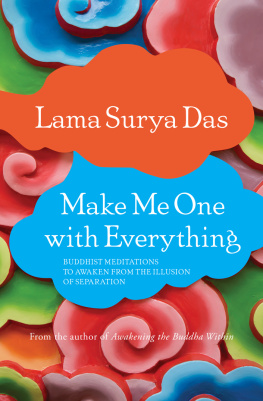
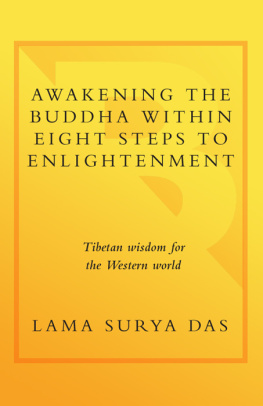
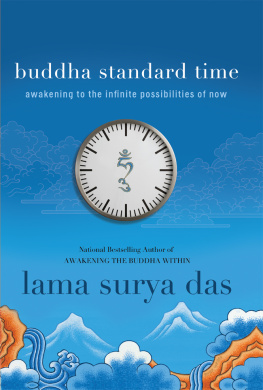
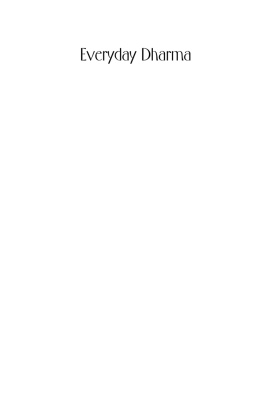
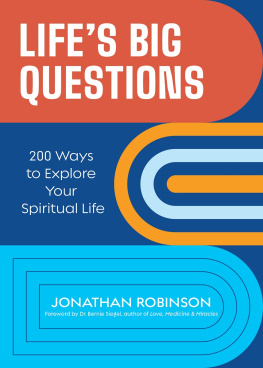
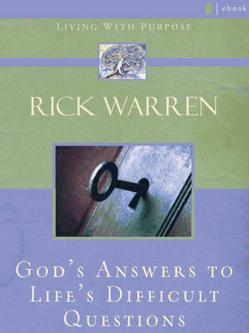
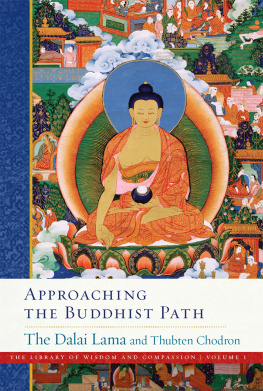
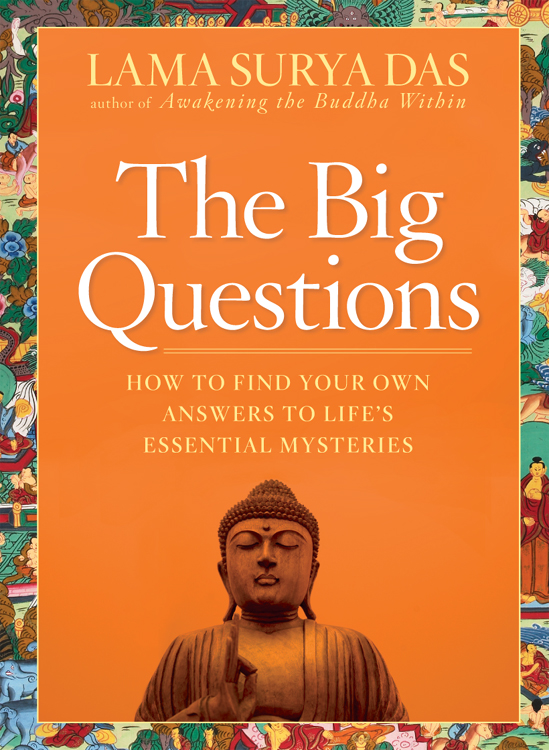

 What is the nature of reality?
What is the nature of reality?